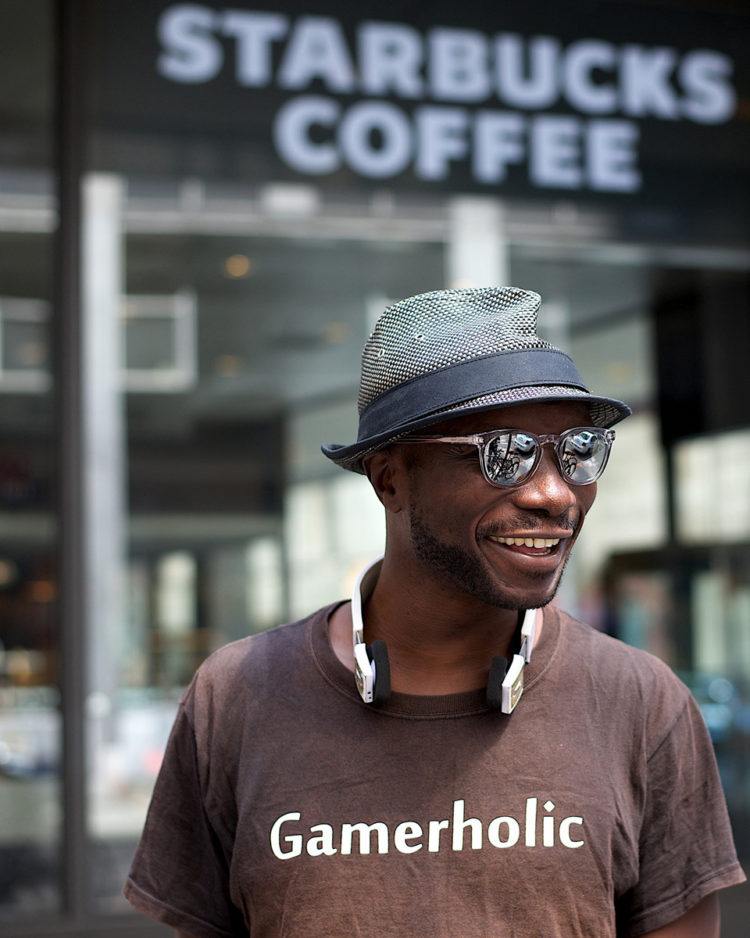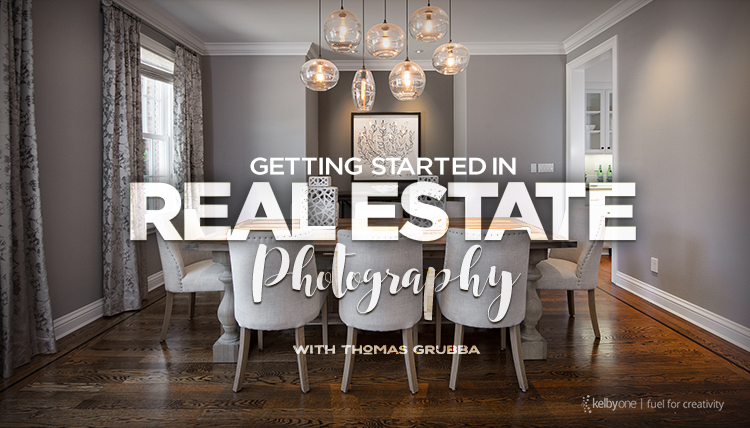The Value Of Your Image Has Nothing To Do With These Three Things
Karen said she needed to call me with some exciting news, but what she told me broke my heart.
She had an exciting opportunity — a request from a national news publication to use her photo — and she planned to give her image away. Karen decided that her photo wasn’t worth any money because of her lack of experience and because she shot it with an entry-level camera.
I know the feeling because I have thought that myself. This photo can’t be worth much because I didn’t really work that hard to get it. I don’t deserve payment. Fill in your own reasons.
If you have ever nursed one of these seeming innocent untruths, I have three messages for you.
1) The value of your image has nothing to do with the length of time you have been a photographer.
Have you ever walked into a gallery and saw a great photo? There’s usually a card under it with relevant information. You will find the photographer’s name, the title of the piece, and the price.
There is nothing about how long you have been a photographer. Why? It’s not relevant to the buyer.
I don’t know of anyone who has proudly described art hanging on her walls by bragging that the photographer has been shooting for 20 years.
2) The value of your image has nothing to do with your skill level as a photographer.
Magazines and news organization charge their clients advertising based on an established rate. Nothing on that rate sheet identifies the skill level of the photographer. You pay for how many people see, read, or click.
When an editor decides to take up a page of valuable real estate in the magazine with your photo, the editor has already assigned it value. By selecting and placing it in the layout, she has decided that it has value in illustrating the story.
If your image leads more people into the article, that is the value. Nothing in the equation factors your experience level.
3) The value of your image has nothing to do with the camera you use.
When Time Magazine wanted to cover the destruction of Hurricane Sandy in New York City and New Jersey, they outfitted their reporters with iPhones.
Did that hamper them? Not at all. In fact, one photo was good enough to make the cover of the magazine. The value of the images was in educating 3 million readers not that it was shot on an iPhone.
How do you determine the value of your image? There are two ways I might measure its worth — one is intrinsic value and the other is market value.
Intrinsic value – Because you created the image, you can assign your own value – to you.
Take the late Prince as an example. One of Prince’s legacies is, even after his death, you couldn’t play his music without paying for it. You couldn’t rock out to Prince on YouTube or Spotify. You couldn’t satisfy your nostalgia without paying his price.
In an environment that says you have to give away your music to be heard, Prince placed an intrinsic value on his music that wouldn’t allow him to do that.
Hip Hop artist Sir Mix-a-Lot shared some insight on why it might be harder to place intrinsic value on your art.
“You have a generation of fans who have grown up never paying for music, and you have a generation of artists who have never been paid for their work,” he said. “Everybody has been subconsciously taught music has no value.”
You can say the same thing for photography. Pictures have become so plentiful, we are being conditioned to believe that they have no value.
It’s up to us to assert that our images have value, if only because we created them.
Market Value – Just because you think your photos have value doesn’t mean you can extract any sum of money for them.
The market will tell you the monetary value based on a variety of factors.
Exclusivity – Let’s say you are at a wedding and notice the bride and her mother in a tight embrace. You see a single tear trickling down the bride’s face.
You are the only photographer who rushes over and captures that photo. When the bride and mom see that photo, will they demand to know what kind of camera you used before they purchase? Not likely. The value to them is in the moment you captured.
Supply And Demand – If you are at a news event and capture the one-millionth view of an evolving story, most editors will not care. If you have the only photograph of the news story of the day, you can begin negotiating.
Technical Expertise – If you have perfected a technique that looks interesting and few people can duplicate it, you can charge for that.
Marketing – Don’t underestimate your marketing’s impact on the value of your images. Your ability to tell your story in a way that is compelling can also create the perception of value.
If you want to know what your photo is worth, ask what is valuable to the recipient? How is your photo being used? What impact will your image have for the purchaser? Those are your key metrics.
Money isn’t the only way to measure the worth of your image, but it doesn’t mean you have to devalue your photography.
Have you ever have someone ask for your image and offer you exposure in lieu of money?
Sometimes it might be worth it, but remember exposure can be quantified. How many people will see your image? Are the people seeing it the ones who you care about? Will they see your byline? Will you get a link? Is there an equivalent ad rate?
Relationships have a value that can be leveraged appropriately.
My mom asked me to photograph her event. Naturally, I’ll do it for free. The guy I just met at a networking function gets an invoice. My old college buddy? It depends.
Here’s an easy test. Would you lend them something you value? If you aren’t close enough to lend them something you value, why would you give them your images, something else you value?
Generally, friends who value your talent won’t feel entitled to your work.
Are you volunteering for a cause you feel strongly about? Give them the gift of your images and send an invoice showing the value of your donation. They’ll appreciate your gift and understand what it is worth.
There are so many ways to decide how to value your images, but none of them have anything to do with how long you have been a photographer, your skill level, or the type of camera you use. Don’t let anyone else use those reasons to devalue your work.
Lynford Morton is a photography coach and founder of the Shutterbug Life podcast community. He teaches beginner and enthusiast photographers how to create great photos, build an audience, and make an impact with their images. Follow him at ShutterbugLife.com, and on Facebook, Instagram, Twitter, and YouTube.









Great post! So much truth to this!
Thanks, Bob! Glad you enjoyed it.
Awesome post!
Thanks, Peggy!!!
Great post! Learned a ton of info. If Brad or Scott is reading this I was wondering if there was a spot to sign up to receive notices of new content on your blog so we will never miss a post like this one.
Glad it was helpful for you, Averil!
Thank you for post. My feelings exactly, except you verbalized them perfectly.
Thanks, Tim!
I like photography and also blogging. Here the most important thing is I am a amateur photographer and also amateur blogger. I really Inspired after reading your blog. Tho, I fill a lot to learn to be a professional.